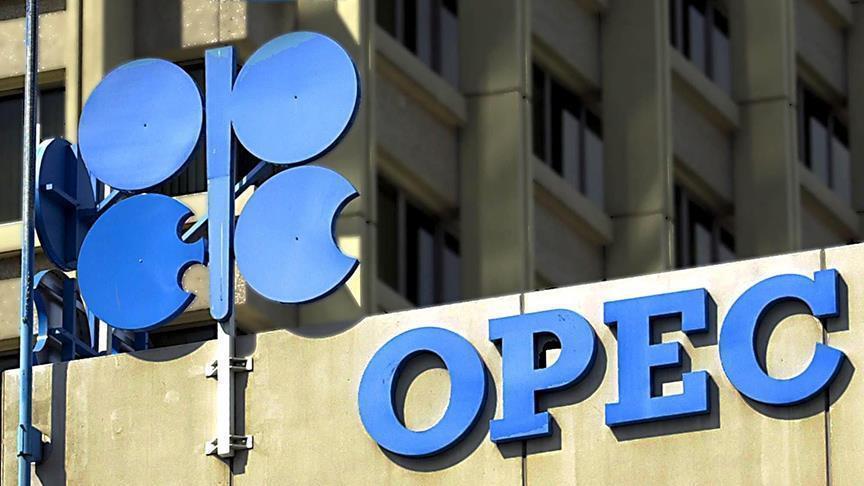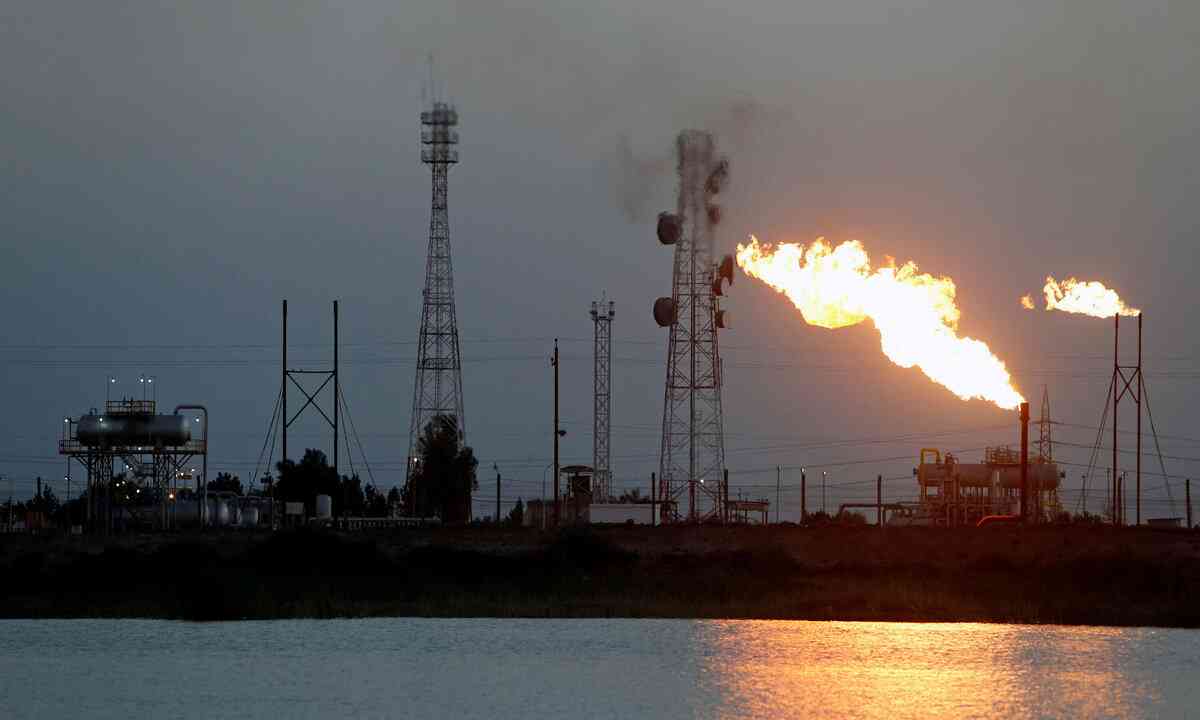Crude prices have skyrocketed as a result of the announcements made by a number of the world's largest oil exporters that they are cutting back on production.
Saudi Arabia, Iraq, and a number of Gulf states are collectively reducing supplies by one million barrels of oil per day. Russia, another Opec+ member, is extending its reduction of supplies by half a million barrels per day until the end of the year.
The move has ben reprimanded by the White House.

What's Opec+?
Opec+ is a group of 23 nations that export oil. It meets on a regular basis to decide how much crude oil to sell on the global market.
The 13 countries that make up Opec, or the Organization of the Oil Exporting Countries, are at the center of this group. Most of these countries are from Africa and the Middle East. Opec was established in 1960 as a cartel with the intention of regulating the global oil supply and price.
Around 30 percent of the world's crude oil is produced by Opec nations today. With more than 10 million barrels of oil produced each day, Saudi Arabia is Opec's single largest oil producer. Opec formed Opec+ with 10 other oil producers in 2016, when oil prices were particularly low.
Russia, which also produces more than 10 million barrels per day, was one of those new members. Together, these countries produce around 40% of all the world's raw petroleum.
According to Kate Dourian of the Energy Institute, "Opec+ tailors supply and demand to balance the market." When oil demand declines, they reduce supply to maintain high prices." By marketing more oil, the organization can also lower prices.

Why does Opec+ reduce oil production?
Following a reduction of two million barrels per day in October 2022, the most recent cut, of 1.16 million barrels per day, was made. The oil price immediately increased by 5% on international exchanges as a result.
Ms. Dourian asserts, "It came as a complete surprise because Saudi Arabia had recently stated that its production quotas would remain in place for the remainder of the year." "It may be a preemptive move by Opec+ because it believes that world demand for oil won't be as strong as was previously predicted," the statement reads.
In response to the pandemic, the group reduced production by more than nine million barrels per day in 2020. The lack of buyers caused the price of crude oil to plummet as nations went into lockdown.
Prices soared to over $130 per barrel following Russia's invasion of Ukraine, but by March of this year, they had fallen to just over $70 per barrel, a 15-month low. Oil prices will probably cause petrol prices to rise once more in the UK and around the world, adding to pressures on living costs.
The most recent Opec+ move has been labeled "inadvisable" by the US.
What's going on with oil from Russia?
After Russia attacked Ukraine, EU nations quit bringing in all Russian oil shipped via ocean and nations, for example, the US and UK quit getting it by and large. India and China, which did not join Western sanctions against Moscow, now receive more crude from Russia.
However, by imposing a price cap of $60 per barrel on Russia's export oil, the G7 group is keeping Russia's oil revenues low.
©️ Vygr Media Private Limited 2022. All Rights Reserved.
























